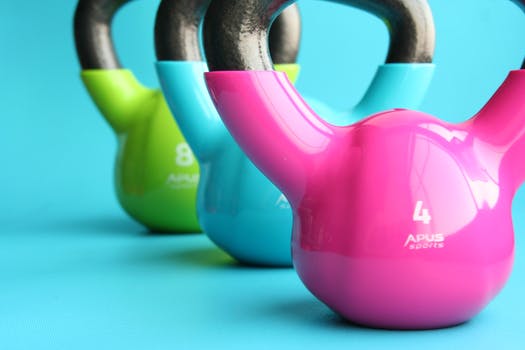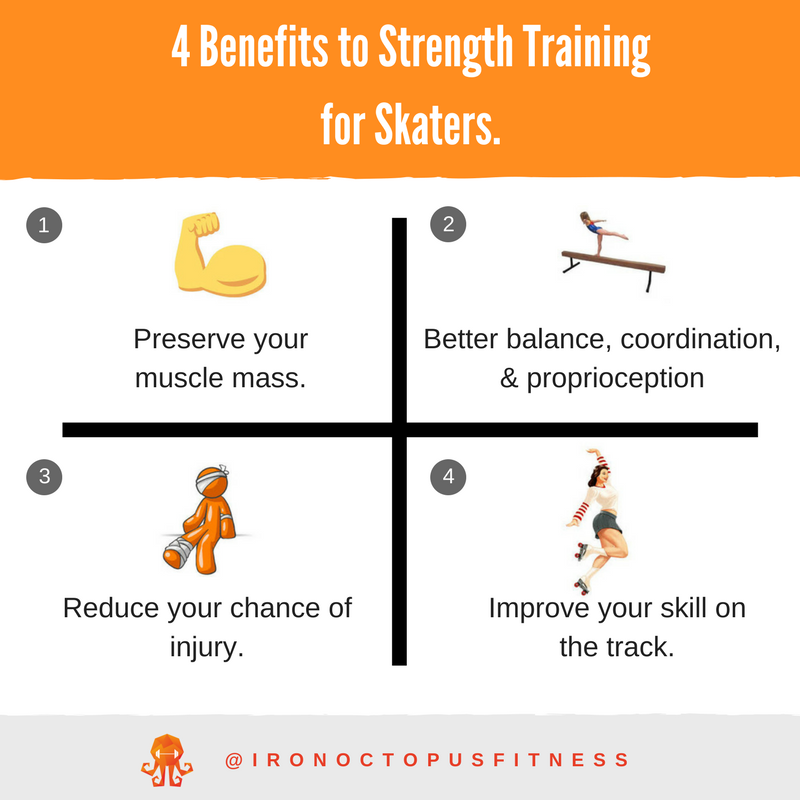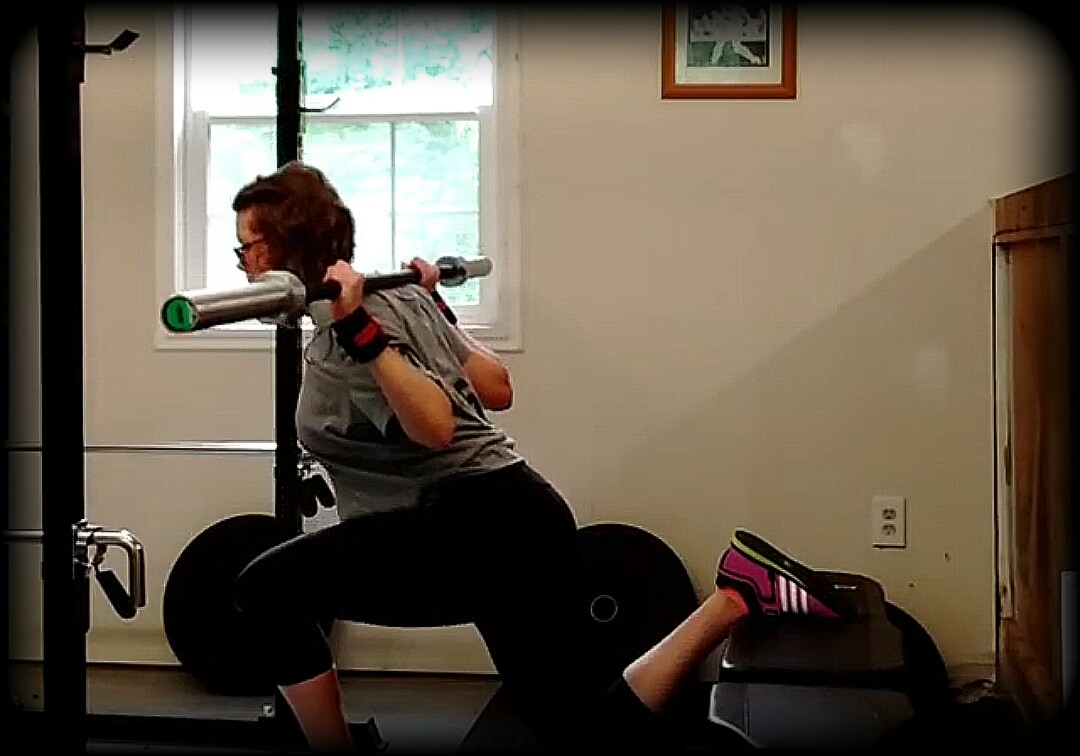
Why does it matter if you only exercise 3 times a week when you head to the rink with your skates on?
What if you’ve never even considered training off-skates before?
IT DOES. YOU SHOULD.
Okay, yes. You are absolutely reaping some of the benefits of physical exercise by going to practice, getting sweaty, and taking hits.
You are doing something great for yourself and your health (physically, mentally, and emotionally). But you’re also putting yourself in danger by only going half-assed.
There, I said it, because as we all know from our life guru Ron Swanson: “Whatever you do, you should always use your full ass.”
On-skates training without off-skates training is like conducting a science experiment without eye protection. Or chopping vegetables with your finger under the blade. Good on you for doing science and eating veggies, but you’re going to get screwed eventually.
This is why we [should] train off-skates:

1) Preserving Muscle Mass
More times than I can count, I’ve seen skaters get excited about all this working out there doing at practice. Body change is happening and they want to accelerate by doing the one thing we’re always told to do: cut fucking calories.
Cutting calories haphazardly is a great way to say goodbye to all that muscle you’ve been building. And that’s not the way to thank it for finally giving you some definition in your quads.
Incorporating strength training off-skates not only helps you preserve the muscle that you’ve built skating, but it helps you build NEW muscle in places that will support your skating muscle.
2) Better Balance, Coordination, and Proprioception
Balance, coordination, and proprioception are all the ways that your body moves with control through space. By training and re-training specific movements off-skates you are teaching your body to move with control.
The difference between a skater that trains off-skates and one that doesn’t is the difference between a solid object and wacky, inflatable, arm-waving tube man. Training off-skates helps you control the movements of your WHOLE BODY, as a unit, so that you can get where you’re going and execute once you get there.
3) Reduce Your Chance of Injury
Training off-skates helps you target parts of your body that don’t get worked on when you’re skating. And all that skating hard and turning left can leave you imbalanced. Through strength training, you can help mitigate some of the crazy stuff that roller derby does to your body AND help your body stave off potential injuries when they occur.
Someone that is consistently strengthening themselves off the track in lots of different movements will be ready for the unexpected on the track.
4) Improve Your Skill On The Track
In order to be your best at a fast-paced, full-contact sport on roller skates, you’re going to need to be stronger. The stronger you can make yourself, the more you’ll be able to do on the track. I promise.
START NOW.
- Determine what it is that is keeping you from training off-skates right now. You can post it below or just keep it in your brain. You’re going to need to figure out how to overcome that if you want to start.
- Picture what your skating will be like when you start training. What is holding you back now that you think strength training might help improve? Keep that skater in mind because you’re going to need her to convince you to overcome number one.
JOIN THE #STRONGSEPTEMBERCHALLENGE!
Want to challenge yourself in the gym this month? Ready to start building your own foundation of strength? Want access to all of the cool skills on-skates?
Come take the Strong September Challenge and join the PFP Roller Derby coaching group. It’s a supportive community of other skaters also trying to up their game and get stronger for life.
Here’s an idea of what the program entails:
- A 5/3/1 based strength program to add 10-20 pounds to your main lifts in 4 weeks. If you decide to join the group for more than a month (you should!), you also get a new training program each month to keep you progressing toward your performance goals and leveling up every aspect of your game.
- Access to a private Facebook Coaching Group where you can ask questions, post form videos, get encouragement, or vent your rage at the bros in your gym. It’s the best way to keep yourself accountable for your training and make it work for you.
- Weekly Live Coaching Calls that cover in-depth tips and tricks for getting the most out of your training program. Or managing your stress. Or giving you permission to quit being so hard on yourself.
- Accountability and Action. Being in the group with other like-minded athletes and putting some skin in the game will help you stay focused, work harder, and get results — whatever they look like — faster. Nothing like a wee bit of competition.
CHOOSE YOUR MEMBERSHIP OPTION.


Thank you for pointing out that you can decrease your chance of injury by doing strength training. My father is wanting to start doing some strength training. I’ll have to look into different places that can help him with this.
I recommend checking out Bryan Krahn, he specializes in training older men. He’s a great trainer and human being!
I found it interesting that you state that training can help improve your balance and coordination on and off the track. My daughter has been loving skating and wants to make it a bigger part of her life. I will keep this in mind and look for somewhere she can take strength training courses to help her work toward her goal.